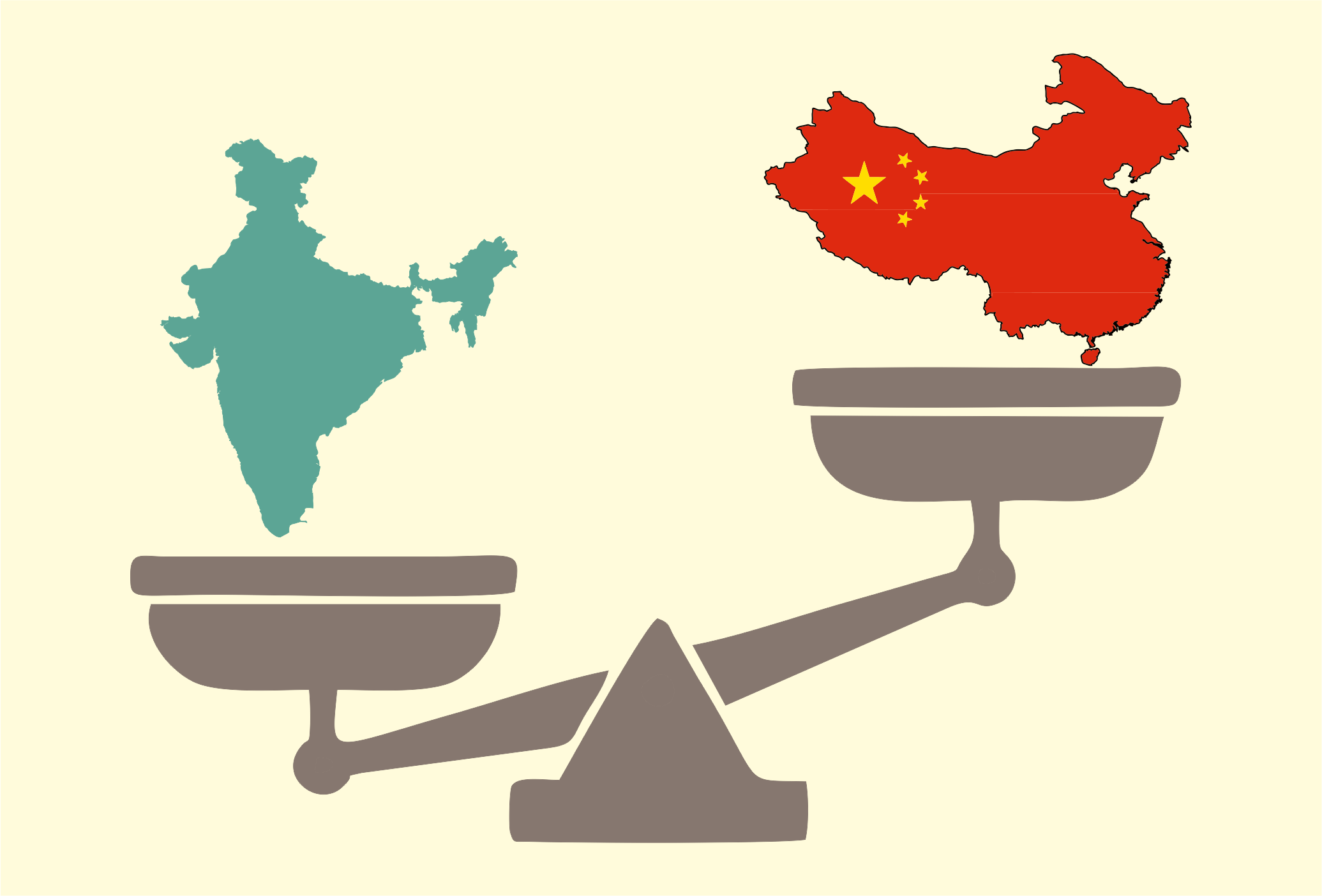India’s trade deficits with China have generated a lot of talks lately. Experts have claimed that India is losing its trade battle with China as over 80 percent of two-way trade last year comprised of imports. Pundits also recommend forcing Chinese firms to “make in India” or having stronger incentives for exporting to reduce India’s trade deficit with China. However, basic economics tells us that trade deficits or surplus are mostly immaterial. They only matter when a country does not have enough foreign reserves to pay for foreign goods and services.
We run trade deficits and surplus all the time in our daily life without even thinking about them. I run a huge trade deficit with the local grocery store, I only buy from them and sell them nothing. It is not a lost battle for me. I get groceries in return. It is a win-win trade. Similarly, I run a trade surplus with my employers, they buy my services, and I buy nothing from them. Is it a loss to them? Not really. The only problem may arise when either I or my employers are unable to make the payments. So, the balance of ‘payments’ matter, but the balance of trade could be in either direction and still both sides will benefit.
Now, you may argue that trade between countries is different and cannot be compared to trade between people within borders. That is not true. Consider the trade between Indore and Mumbai. The city of Mumbai sells a lot of goods and services to Indore and runs a huge trade surplus while Indore runs large deficits. Are the people of Indore any worse off because of the huge trade deficit? No, because they get a lot of goods and services which are not available in Indore or are costly to produce locally. If the trade deficit between the two cities is beneficial to both cities, why should it be any different between two countries? After all, there is nothing but an imaginary line in between.
When we buy cheap Chinese goods, we save a lot of money. These savings are used for either buying local goods and services or just keeping the money in a bank or financial institution. Either way, they help the Indian economy by increasing domestic consumption or providing capital for new investments. International trade also provides variety for consumers. India’s trade with China has allowed us to have hundreds of more choices when it comes to buying goods. International trade also helps in the exchange of technologies and business know-how which is beneficial in the long-term.
Adam Smith, the father of modern economics, wrote in the Wealth of Nations – “Nothing … can be more absurd than this whole doctrine of the balance of trade.” Indeed, other economic indicators such as the unemployment rate, inflation, budget deficits, etc. matter much more than trade deficits. The negative balance of trade is nothing but a unit of accounting. Henry Hazlitt, author of Economics in One Lesson, skillfully explained that “… the same people who can be clearheaded and sensible when the subject is one of domestic trade can be incredibly emotional and muddleheaded when it becomes one of foreign trade.” Let us not be one of those people.
Post Disclaimer
The opinions expressed in this essay are those of the authors. They do not purport to reflect the opinions or views of CCS.






